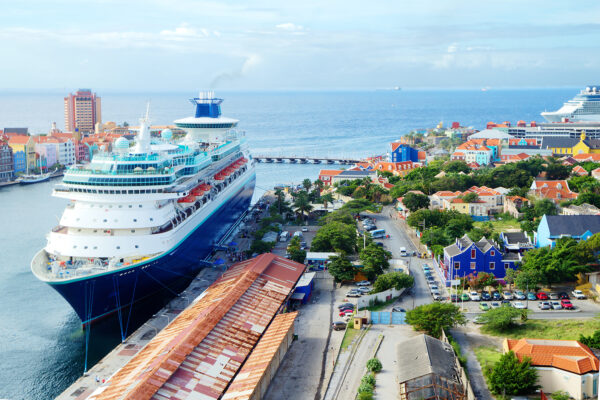
The prime ministers of Aruba, Curaçao and Sint Maarten have turned down conditions to qualify for as much as €1 billion in coronavirus aid from the European Netherlands. A cabinet meeting in The Hague on Friday, which the leaders of the three islands attended, failed to produce a compromise.
The Dutch have proposed appointing a three-person panel to oversee reforms to which the aid is tied. The Caribbean islands consider this an infringement of their autonomy.
Eugene Rhuggenaath, the prime minister of Curaçao, went so far as to accuse The Hague of having “an agenda for the takeover and control” of the islands, echoing the rhetoric of pro-independence parties that supported violent protests against spending cuts two weeks ago, which prompted the Dutch to deploy troops to support the local police.
Reforms
The protests erupted after Rhuggenaath’s and the other two island governments cut public-sector wages by 12.5 percent to qualify for the previous round of financial support.
Now the Dutch demand a liberalization of labor laws and pension reforms.
The Caribbean leaders don’t disagree per se, although they ignored Dutch calls for such reforms in the past.
What they can’t accept is that Dutch administrators would monitor the reforms for seven years and decide if the islands had made enough progress to unlock the funds.
The debate is similar to the one in the EU, where the Netherlands insists loans or subsidies from a coronavirus recovery fund must be tied to economic reforms.
Dependent
Aruba, Curaçao and St Maarten are nominally autonomous but in reality dependent on the European Netherlands. Tourism is the mainstay of the economy, and most tourists are Dutch.
The coronavirus pandemic has brought tourism to a standstill. On Curaçao, unemployment could reach 60 percent if short-time work schemes, partly funded by the Dutch government, expire. One in five Curaçaoans are dependent on food aid.
The Dutch have already provided around €350 million in financial support. The total, under the latest proposal, could reach €1 billion.
For comparison, Curaçao’s GDP in 2018 was €2.8 billion.
